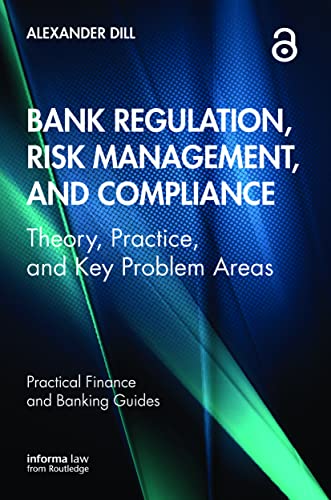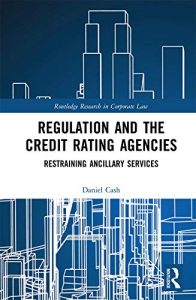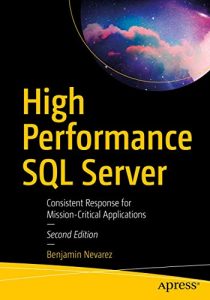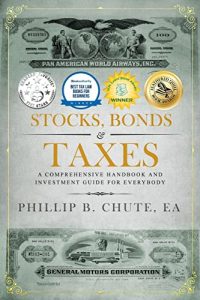1. Bank Regulation, Risk Management, and Compliance (Practical Finance and Banking Guides)
Written by Alexander Dill, this comprehensive guide offers deep insights into the complex world of bank regulations, risk management, and compliance. It’s a must-read for finance professionals and students alike, as it explains not only current regulatory frameworks but also the rationale behind them. Dill’s expertise provides readers with practical methodologies to ensure compliance in their respective organizations. This book serves as an essential resource, helping individuals grasp the importance of risk management within banking operations.
2. FinTech
In “FinTech” by Ross P. Buckley, readers are immersed in the rapidly evolving landscape of financial technology. This book tackles how FinTech is reshaping the banking sector by democratizing access to financial services and creating efficiencies. Buckley’s analysis includes real-world applications of FinTech innovations and explores future trends, making this book essential for anyone interested in the intersection of finance, technology, and law. It’s insightful for investors, regulators, and entrepreneurs looking to understand and navigate the emerging landscape of financial services.
3. Regulations of the Stock Exchange: Hearings Before the Committee on Banking and Currency
This classic reprint from the U.S. Committee on Banking and Currency offers a historical perspective on stock exchange regulations. Delving into hearings from over a century ago, it provides context for current regulations, making it crucial for those studying the evolution of market governance. It’s particularly enlightening for students of finance and history, showcasing how past challenges and solutions shape today’s regulatory framework.
4. Banking on the Future: The Fall and Rise of Central Banking
In “Banking on the Future,” authors Howard Davies and David W. Green analyze the transformation of central banking over time, especially in light of the 2008 financial crisis. Their thought-provoking insights challenge the conventional understanding of monetary policy and regulation. This book is an important read for anyone involved in economics or finance, as it presents an engaging discussion about the roles and responsibilities of central banks and the implications for economic stability.
5. Securities Act Rules: as of February 14, 2020
This publication from the Securities and Exchange Commission is vital for practitioners and students of securities law. It serves as a definitive guide to the rules governing securities transactions, providing clarity on compliance requirements. By covering the latest updates and rules, this book ensures that financial professionals stay well-informed in a field that is constantly evolving due to technological advancements and regulatory changes.
6. Regulation Of The Stock Exchange: Hearings Before The Committee On Banking And Currency
Another significant historical document, this work examines discussions around stock market regulations intended to prevent fraud and promote fairness. Exploring legislative debates, it reveals the foundational attitudes towards market regulation that influence policies today. It is invaluable for researchers and historians interested in the evolution of financial market regulations and the legislative process involved in this critical aspect of the economy.
7. Regulation of the London Stock Exchange: Share Trading, Fraud and Reform 1914-1945
Chris Swinson’s analysis of the London Stock Exchange between the two World Wars highlights critical reforms prompted by crises. This book intricately outlines the historical factors that necessitated changes in regulatory practices. Understanding these past events allows finance professionals to appreciate modern regulations. Any student of financial history will find this book enlightening as it connects significant historical events with current regulatory frameworks.
8. Banking Financial Institutions Foreign Exchange Regulations Compilation (2015)
This Chinese edition compiles regulations pertinent to banking financial institutions and foreign exchange, providing a unique perspective on international compliance standards. It’s an essential read for regulatory professionals operating in a global context, as it addresses complexities in foreign exchange controls. The book also serves as a reference for those conducting research on global banking regulations.
9. The Financial System, Financial Regulation and Central Bank Policy
Thomas F. Cargill’s work presents an exploration of the intricate relationship between the financial system, regulation, and central banking policy. The book is well-suited for those looking to understand how these elements interact in shaping economic conditions. Cargill emphasizes not only the operational aspects but also the policy implications, making it a comprehensive resource for students and practitioners in economics and finance.
10. Mutual Funds and Exchange Traded Funds Regulation
Clifford E. Kirsch’s “Mutual Funds and Exchange Traded Funds Regulation” dives deep into the legal frameworks governing these popular investment vehicles. With regulations constantly evolving, this book is a crucial guide for investment professionals and legal practitioners looking to navigate compliance effectively. Engaging and timely, Kirsch’s insights will help readers stay ahead in a competitive environment.













































